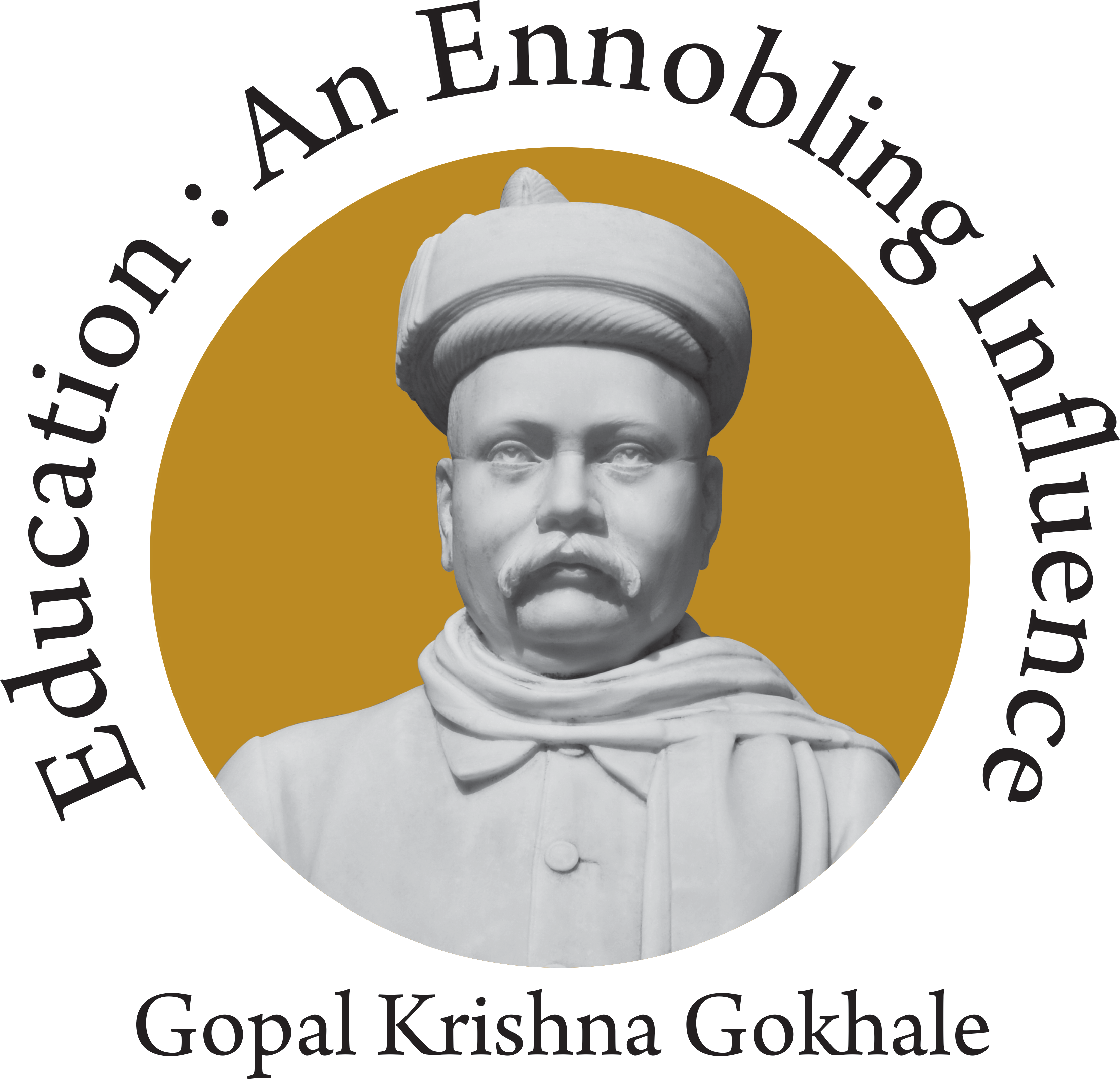| dc.description.abstract | Financing health care has been a major subject of concern for many years for the policy in India. Biggest concern is out of pocket expenditure on health making poor the poorer and pushing or holding them below the poverty line. Many schemes have been introduced by the Governments at State as well as central levels, to tackle the problem but the schemes and initiatives have been marred by different issues and gaps identified in this study .There exists a plethora of schemes that have been targeted to specific region, population, specific group or occupation, e.g., Rashtriya Swasthya Bima Yojana (RSBY) is targeted only towards below poverty line (BPL) population. Another government supported scheme, Universal Health Insurance Scheme (UHIS), which also covers people from Above Poverty Line, is mainly a premium subsidized scheme for them and not a fully funded scheme. The purpose of this study is to assess the financial feasibility of universal Health Insurance for the population in India. In this paper we have studied the existing schemes related to Health insurance supported by the government. Based on this evaluation we have tried to provide an analytical framework to calculate the fiscal burden of providing universal health cover to meet the health for all objective of the Government. | en_US |

